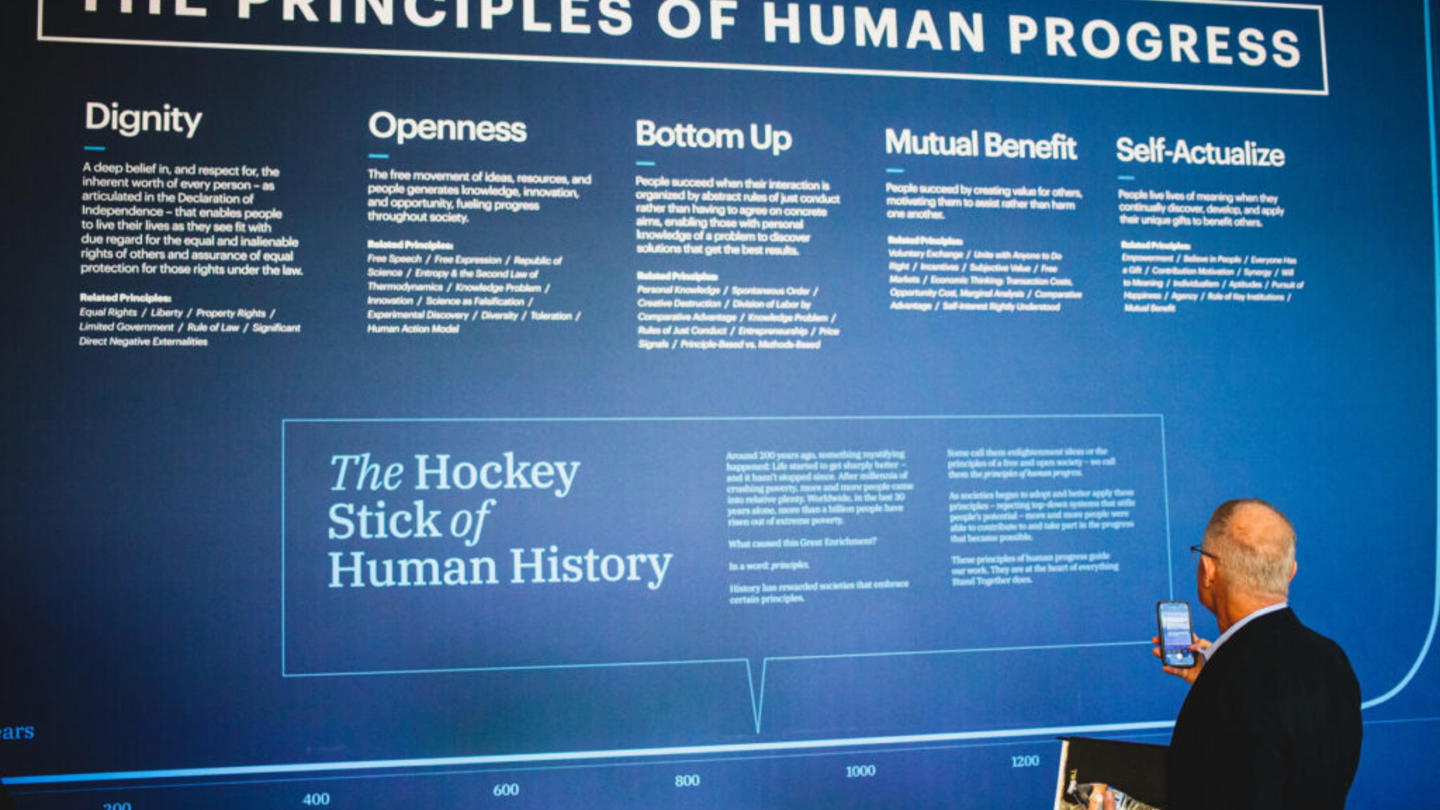COVID-19 and the social distancing precautions we took have led to evolutions in the preferences that individuals have—so what helped you keep folks two years ago may no longer be the best solution. A new study by Stand Together partner Populace (a think tank whose projects work toward a world where all people have the chance to live fulfilling lives in a thriving society) sheds light not only on what people say they value in their relationship with their employer, but also what their behavior reveals.
Let's start with a short reminder about the incentives dimension of Market-Based Management: motivate each employee to make the maximum contribution to the long-term value of the company. Because the focus is on each employee, we want to treat them as individuals, respecting and valuing the different circumstances, motives, and gifts that help each person contribute. Aggregated data can help us think about questions to ask each employee as we work through solutions alongside them.
Here are some highlights we saw from the study:
- Flexibility and individualization: Unsurprisingly, as millions of workers began working from home, they found things that they really appreciated about this new routine. "Workplace flexibility and the ability to manage one's schedule around their work is set to be one of the permanent shifts from the pandemic, with workers listing the ability to work remotely the second highest priority and 'I can do my work while still having time for other things I care about' as the fourth highest priority." Question for you to consider: am I individualizing my approach to find the solutions that maximize the win-win for the organization and each employee?
- Self-actualization: "The American workforce values work as a way to not only materially provide, but also to nourish a sense of self. Employees are looking for job opportunities that make a living, but also a life." Questions for you to consider: are we helping each employee see how their unique efforts tier up to our North Star? Do I know what my direct reports are most passionate about?
- Entrepreneurship: "Working adults value being trusted by their employer, not only with regard to having autonomy in how and when they do their work, but also more broadly in terms of having employers respect their privacy…Trust is the most undervalued commodity a job can afford. People want to be trusted to have autonomy, privacy, and to make a difference through their work, but they do not realize that this desire is widely shared by others." Question for you to consider: am I treating my employees in a way that demonstrates the trust I have in their judgement (for example, am I using prescriptive rules in a way that implies a lack of trust?)? How are we using decision rights to create spaces of increased autonomy and responsibility?
There are some insights that were a bit of a bummer for the kinds of cultures many of us want to build, but we believe that these elements are critical to the kinds of things (self-actualization, entrepreneurship, etc.) that the data revealed people care about. All of these were ranked near the bottom of personal preferences:
- The organization has a clear, compelling purpose
- The organization strives to always improve
- I receive feedback that helps me improve
- The organization has standards of what is and isn't appropriate in the workplace
The most effective employment relationships are mutually beneficial; the organization is able to be more effective and innovative due to the contributions of its employees, and employees are finding meaning in their work, an environment that challenges them to bring their best, facilitates a sense of pride and self-actualization, and offers monetary and non-monetary rewards that help them provide for themselves and those they care about. By understanding the evolving needs and preferences of our employees, we're able to inspire contribution, help them help themselves, and make a growing impact together in our community.
Learn more about Principle Based Management and how it can help you transform your results.



